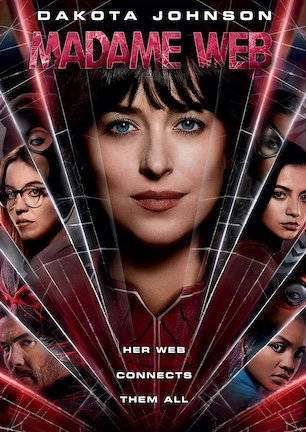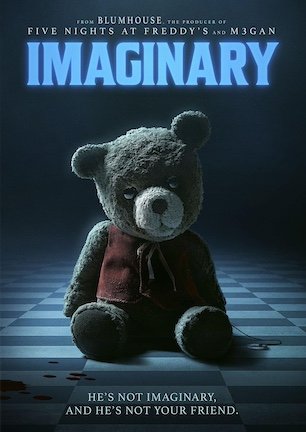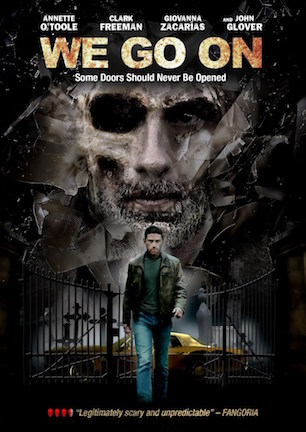Studio: Lifetime
Director: Leslie Libman
Writer: Matthew Tabak, Stephen Kronish
Producer: Kyle Clark, Lina Wong
Stars: Mackenzie Mauzy, Eden Brolin, Grace Victoria Cox, Greer Grammer, Christian Madsen, Isabel Shill, Garret Coffey, Morgan Krantz, Jeff Ward
Review Score:
Summary:
Linda Kasabian finds her life spiraling into increasingly dangerous chaos after joining the Manson Family in 1969.
Review:
A number of inconsequential adaptations of the Manson Family saga have come and gone over the years. “Manson’s Lost Girls” is one of them.
Discarded by her stepfather and disavowed by her husband, Linda Kasabian finds a new alpha male idol in the welcoming arms of Charles Manson. As a Manson Family initiate, Linda joins a collective of like-minded women whose father figure anxieties have molded impressionable insecurities into unquestioning adoration for a dangerously delusional prophet.
Psychedelic drugs and communal copulation are plentiful in the California summer of 1969. So are Manson’s insane notions of an apocalyptic race war demanding to be ignited by radical action. Caught in the chaos, Linda finds her idyllic escape from an unwanted life morphing into an escalating nightmare, taking a role in an infamous murder spree as crucial as her role in later bringing the Manson Family to justice.
Artistic liberties are commonplace conceits in any docudrama streamlining a true tale into one more convenient for 85 minutes of prime time entertainment. Lifetime’s recreation of the Manson Family timeline generally adheres to accepted tactics of smoothing out a story with here and there nip-tucks. But it should be noted that using “Manson’s Lost Girls” as a research paper resource would result in a C+ grade at best.
Catherine ‘Gypsy’ Share introduced Linda Kasabian to life with the Manson Family, not Susan Atkins as depicted in the film. Charles Melton was the victim of Kasabian’s $5,000 robbery scheme, not her estranged husband Bob. Steve ‘Clem’ Grogan drove with Kasabian and Manson on the night of the LaBianca murders, though that fact interferes with the narrative need to depict Kasabian and Manson alone.
What the names beginning those three sentences have in common is that none of them exist in “Manson’s Lost Girls.” Among cheats for simplifying the storyline, characters are combined, some events are omitted, and other events are invented in the name of amplified melodrama. A staged final confrontation scene of Kasabian being willfully walked through the same hallway where those she is testifying against are being escorted is one such “oh really?” moment.
Lesser details are changed for less obvious reasons. Bernard Crowe, a man Manson mistakenly believed he shot and killed, went by ‘Lotsapoppa’ in reality, but ‘Lotsapopsa’ in the film. Even if Crowe were still alive today, a defamation lawsuit seems highly unlikely, so whatever is gained by changing one letter of his nickname is a mystery.
Somewhere in between unimportant alteration and questionable reappropriation is the prettiest depiction of Charles Manson a silver or small screen has ever seen. Manson’s crazy brown eyes are supplanted by actor Jeff Ward’s seductive blue ones. This Manson is as unstable as ever, though portrayed as less of a madman cult leader and more of a failed musician using murder to vent record industry frustrations.
“Manson’s Lost Girls” uses a thick brush to paint Manson as naturally seductive through physical beauty, occasionally juxtaposing mania when it suits the visual. Alternately, he is comically petty, flying into a fury when Bobby Beausoleil takes too many peas at the dinner table. Any doubt about the role he is meant to play in this movie’s purpose is erased when a bare-chested Manson flaunts his abs and hoists a torch while inciting his followers to riot before a slow-motion dance montage.
I read four mainstream media reviews of “Manson’s Lost Girls” and all four specifically recognized the movie for casting a trio of notable Hollywood offspring. Maybe this is a promotional hook propped in a press release somewhere, so I suppose it bears repeating to those interested in this sort of thing that Josh Brolin’s daughter Eden Brolin, Kelsey Grammer’s daughter Greer Grammer, and Michael Madsen’s son Christian Madsen feature as Manson Family members Susan Atkins, Leslie Van Houten, and Tex Watson, respectively.
“Manson’s Lost Girls” makes no bones about peppering itself with the kind of PG-13 style synonymous with its “Lifetime Pictures Presents” banner. Licensed music liberally scores plenteous party and bedroom scenes. Manson girls randomly engage in a non-sequitur threesome. Domestic abuse, troubled childhoods, and unbalanced relationships are central themes. And all of it is packaged into the perspective of one woman who came closest to reclaiming her independence. “Manson’s Lost Girls” aims for an audience with only a casual interest in the case, and offers a cursory retelling that is sensationally salacious instead of sinister.
Anyone in need of a TV movie take on the Manson murders that is engrossing as well as informative would be better served by 2004’s “Helter Skelter” featuring Clea DuVall as a Linda Kasabian with more depth. For those okay with a pared-down primer favoring made-for-cable sex appeal over factual accuracy, “Manson’s Lost Girls” fits that bill just fine.
Review Score: 55







If you want to see impossible amounts of blood explode crimson colors like the world’s worst version of a gender reveal, well, “Abigail” at least has that.